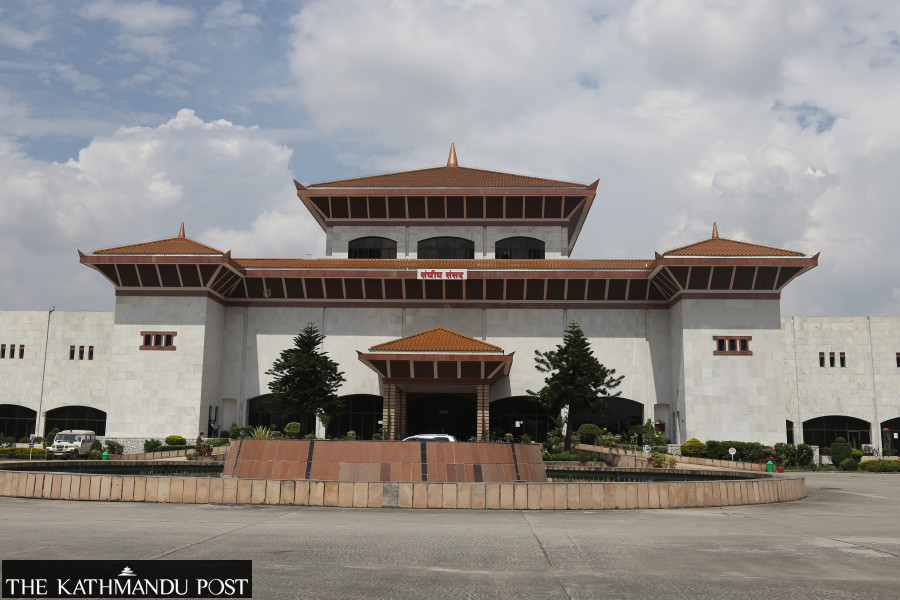Editorial
Wasted winter
Worst fears about the winter session of the federal parliament have unfortunately come true.
As he declared an end to the winter session of the federal parliament, Speaker Devraj Ghimire could barely hide his disappointment. “When it comes to law-making and taking up issues of public interest, this session, I feel, was more productive compared to earlier ones. Yet, we could not do enough,” he said. For someone in Ghimire’s position, this was as close to admitting complete failure as you get. The truth is, even in law-making and taking up issues of public concern, the winter session fared awfully. Before the sessions’ commencement, the Ministry of Law, Justice and Parliamentary Affairs had claimed that various ministries were working on as many as 109 bills. But, as things unfolded, the session could clear a paltry three bills. This is troubling as that the winter session is generally devoted to law-making while the budget session, as the name suggests, is mostly aimed at fine-tuning the annual budget. Now, as the government has had to forcefully ended the winter session owing to continued protest of the Nepali Congress, the main opposition, there are doubts over the fate of some vital bills, for instance, those related to the long-delayed transitional justice process, management of employees at the three levels of the federal government, and the impending investment summit.
There were 24 bills in consideration at the two houses of the federal parliament. The ruling alliance seems minded to pass some laws through ordinance, in which case these laws would have to be endorsed by the budget session within 60 days of its first sitting. But law-making through ordinance is a dubious exercise that should be resorted to only in emergencies. Without the safety valve of parliamentary discussion and review, ordinances often become tools to serve vested interests and sneak in undemocratic measures. As we have written in this space before, both the ruling coalition and the main opposition are at fault for this state of dysfunction. The ruling parties have refused to consider a parliamentary probe into Home Minister Rabi Lamichhane, despite a steady stream of reports of his involvement in the embezzlement of the funds of various cooperatives. As the opposition says, if the home minister is innocent, what does he have to fear from a parliamentary probe? And yet, the Congress has also been rather pig-headed. Obstructing the House has never been in the party’s DNA; as befits its image of a moderate democratic force, it has always stood in favour of open and honest discussions on the House floor. This time, the party has resorted to obstruction, refusing to consider other forms of protest.
The country does not have the luxury of frittering away its demographic dividend which won’t last beyond the next two or three decades. The singular goal of statecraft at this time should be to persuade the best and brightest young minds from Nepal to work for the development and prosperity of their homeland. This in turn entails quickly setting outstanding political issues like transitional justice and implementation of federalism, thus clearing the path for Nepal’s development and prosperity. Yet the functioning of the country’s main law-making body only inspires despair among the youth. In their narrow-minded quest to score brownie points against each other, both the ruling and opposition parties are failing their country.




 10.12°C Kathmandu
10.12°C Kathmandu














